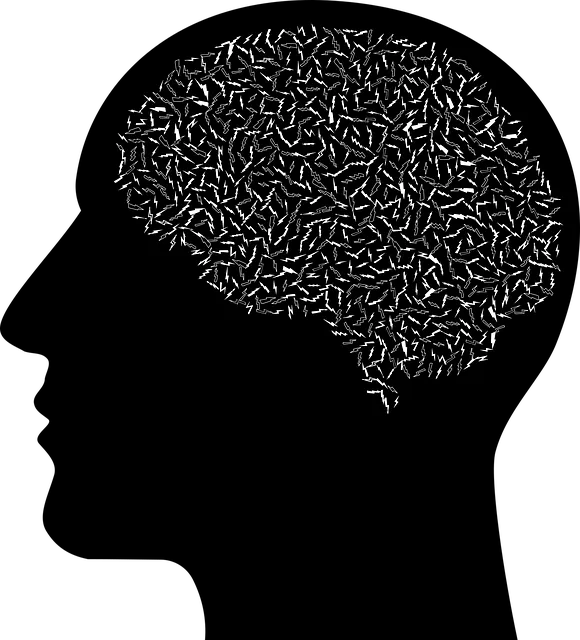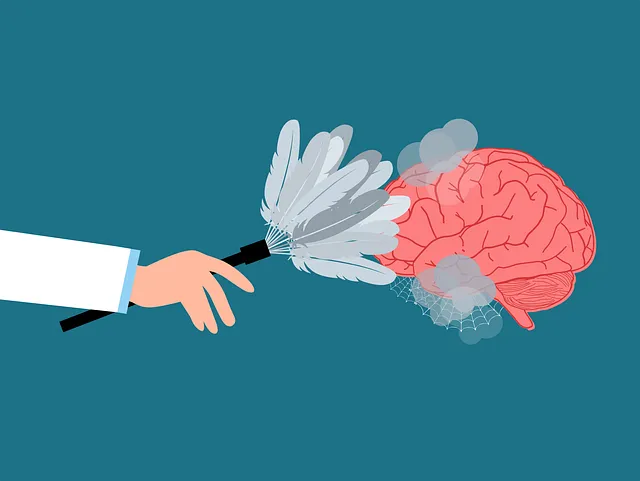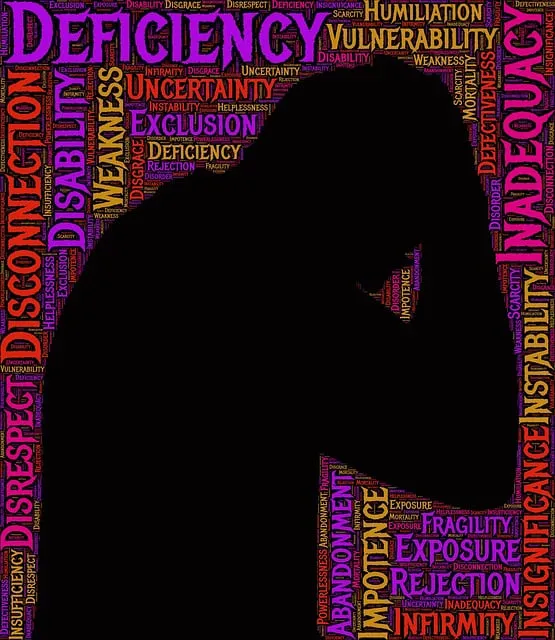Louisville Kaiser Permanente psychiatry has adopted the Resilient Front (RFM) framework, focusing on Resilience, Flexibility, and Mindfulness, to enhance patient care and staff well-being. Through exercises like mindfulness meditation and stress management workshops, they build mental fortitude, improve communication, and adapt practices to diverse cultural backgrounds. This holistic approach, including self-care encouragement, has led to increased staff retention and improved patient outcomes, setting a benchmark for healthcare excellence in Louisville Kaiser Permanente psychiatry.
“Discover how Louisville Kaiser Permanente Psychiatry is revolutionizing patient care through the implementation of RFM (Resilience, Flexibility, and Mastery) exercises. This comprehensive approach fosters mental resilience, offering a unique framework for psychiatric treatments. The article explores its impact on patient well-being, delving into strategies for effective integration within healthcare systems. From case studies highlighting successful implementations to practical tips for sustaining RFM programs, this guide provides valuable insights for healthcare professionals in Louisville Kaiser Permanente psychiatry.”
- Understanding RFM: A Framework for Resilience in Psychiatry at Louisville Kaiser Permanente
- The Role of Resilience Building Exercises in Mental Health Support
- Implementing RFM: Strategies for Effective Integration within Healthcare Systems
- Case Studies: Success Stories of RFM Implementation at Louisville Kaiser Permanente
- Overcoming Challenges: Tips for Sustaining RFM Programs in Psychiatry
Understanding RFM: A Framework for Resilience in Psychiatry at Louisville Kaiser Permanente

At Louisville Kaiser Permanente psychiatry, the Resilient Front (RFM) framework has emerged as a powerful tool to enhance patient care and foster resilience in an often challenging field. RFM focuses on three core dimensions: Resilience, Flexibility, and Mindfulness. This innovative approach aims to equip healthcare providers with the necessary skills to navigate complex patient scenarios, ensuring they can offer the best support for their patients’ mental health.
By integrating resilience building exercises into clinical practice, Louisville Kaiser Permanente psychiatry prioritizes not only the well-being of its patients but also that of its healthcare professionals. These exercises promote self-care routine development, enabling providers to manage stress and maintain cultural competency training. Such proactive measures contribute to a healthier work environment, ultimately enhancing the quality of care delivered by dedicated Louisville Kaiser Permanente psychiatrists.
The Role of Resilience Building Exercises in Mental Health Support

Resilience building exercises play a pivotal role in enhancing mental health support, particularly in diverse communities like Louisville Kaiser Permanente psychiatry settings. These exercises are designed to equip individuals with effective coping strategies, fostering an ability to navigate life’s challenges and traumas. By incorporating practices such as mindfulness meditation and stress management workshops, healthcare providers can address the holistic well-being of their patients. This approach is especially relevant given the growing emphasis on cultural competency training within the healthcare industry, ensuring that services are tailored to meet the unique needs of every patient.
The implementation of resilience-focused programs not only strengthens an individual’s mental fortitude but also fosters a sense of community and shared understanding. Louisville Kaiser Permanente psychiatry departments can leverage these exercises to create supportive environments, encouraging open discussions around stress management techniques and fostering connections that are vital for overall well-being. This proactive approach to mental health support can significantly contribute to the improved outcomes and satisfaction levels among patients.
Implementing RFM: Strategies for Effective Integration within Healthcare Systems

Implementing RFM (Resilience, Flexibility, and Mindfulness) within healthcare systems, especially at Louisville Kaiser Permanente psychiatry departments, requires strategic integration. The first step is to involve all stakeholders—from medical professionals to administrative staff—in recognizing and embracing the value of these practices. Education and training sessions can be organized to introduce RFM concepts, focusing on how they enhance patient care and improve professional well-being. This includes teaching communication strategies that foster understanding and empathy between patients and providers.
Healthcare provider cultural competency training is another critical aspect. By incorporating RFM into existing training programs, healthcare workers can learn to adapt their practices to different cultural backgrounds and personal needs. Encouraging self-care practices among staff is also essential for maintaining a resilient work environment. This involves promoting healthy habits like regular exercise, mindfulness meditation, and adequate sleep—all of which contribute to better stress management and improved professional performance.
Case Studies: Success Stories of RFM Implementation at Louisville Kaiser Permanente

Louisville Kaiser Permanente has emerged as a shining example of successful RFM (Resilience, Flexibility, and Mastery) implementation within a healthcare setting. The organization prioritized mental wellness and resilience among its staff, recognizing that emotional healing processes are integral to providing high-quality patient care. Through a multi-faceted approach, they integrated various initiatives, including Stress Management Workshops Organization and the production of Mental Wellness Podcast Series, to foster an environment conducive to resilience building.
These case studies highlight the power of structured programs in enhancing emotional coping mechanisms and overall job satisfaction. By adopting such strategies, Louisville Kaiser Permanente not only improved staff retention but also witnessed a significant positive impact on patient outcomes, demonstrating that investing in mental wellness is a game-changer for healthcare institutions.
Overcoming Challenges: Tips for Sustaining RFM Programs in Psychiatry

Implementing RFM (Resilience, Flexibility, and Mastery) programs in psychiatry at Louisville Kaiser Permanente requires a strategic approach to overcome inherent challenges. These programs, aimed at promoting emotional well-being and resilience, often face obstacles such as limited resources, time constraints, and patient resistance. To ensure long-term sustainability, it’s crucial to involve stakeholders across departments, integrate RFM exercises seamlessly into existing clinical workflows, and offer tailored support to patients based on their individual needs.
Embracing innovative delivery methods like digital platforms or group sessions can enhance accessibility and engagement. Additionally, fostering collaboration between mental health professionals and primary care providers can facilitate early intervention and continuous emotional regulation, addressing potential depressive episodes proactively. By employing effective Emotional Well-being Promotion Techniques, Louisville Kaiser Permanente psychiatry can empower individuals to build resilience and successfully navigate life’s challenges.
The implementation of the RFM (Resilience Framework Model) at Louisville Kaiser Permanente Psychiatry has demonstrated significant benefits in enhancing patient resilience and mental well-being. By combining evidence-based resilience-building exercises with a structured framework, this approach offers a holistic strategy for improving psychiatric care. The case studies presented highlight successful integration within healthcare systems, showcasing improved patient outcomes and increased satisfaction. Overcoming challenges through tailored strategies ensures the sustainability of RFM programs, making it a valuable asset to Louisville Kaiser Permanente’s ongoing commitment to patient-centered mental health care.






